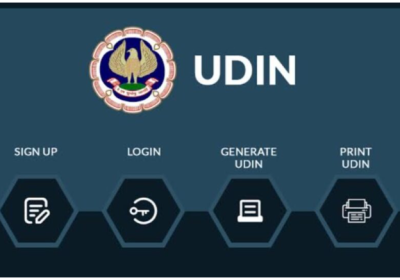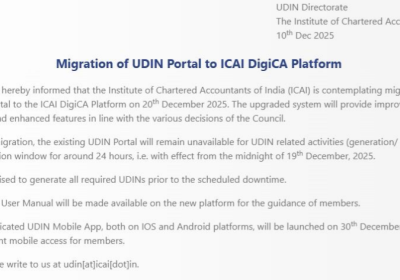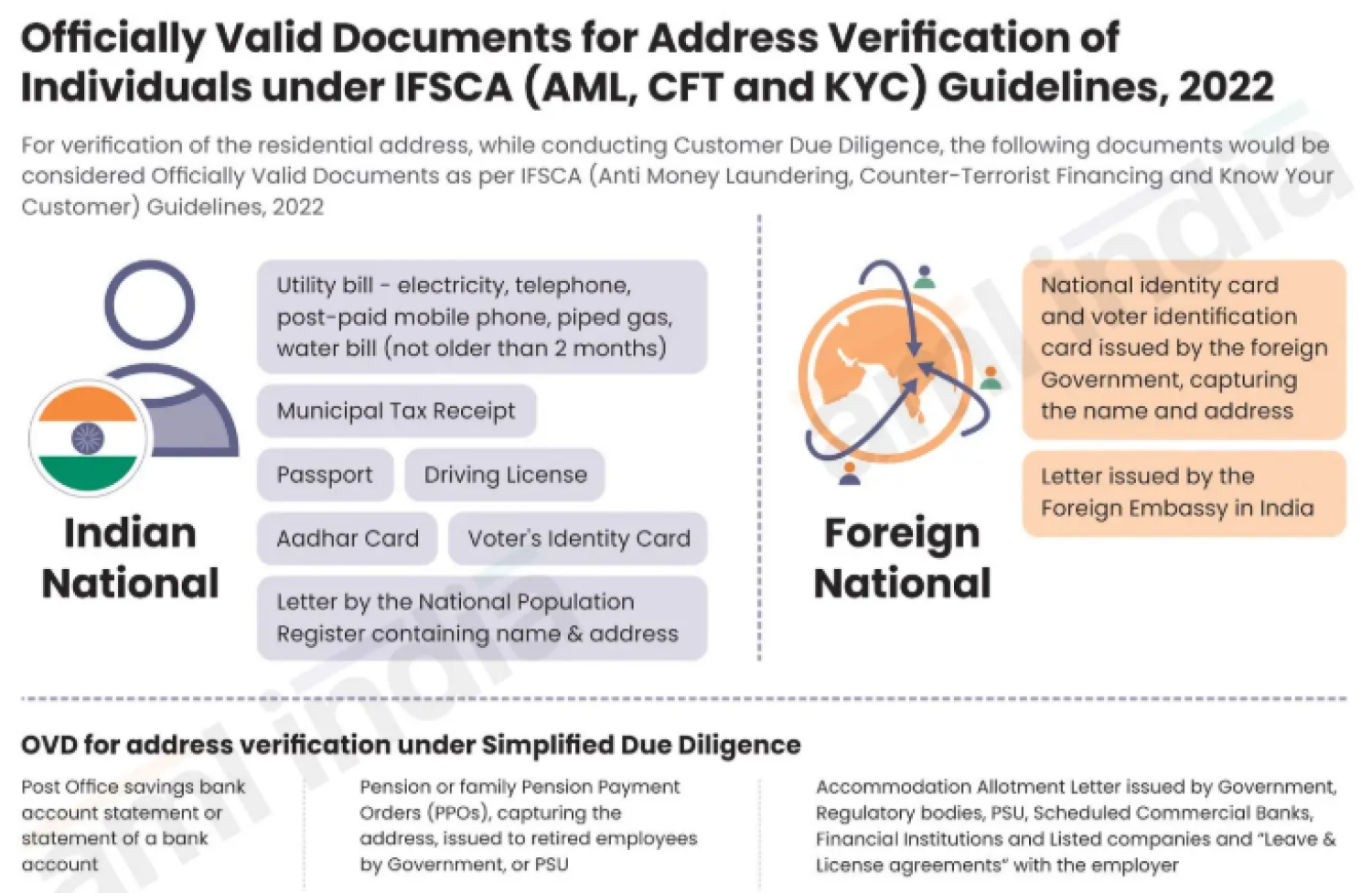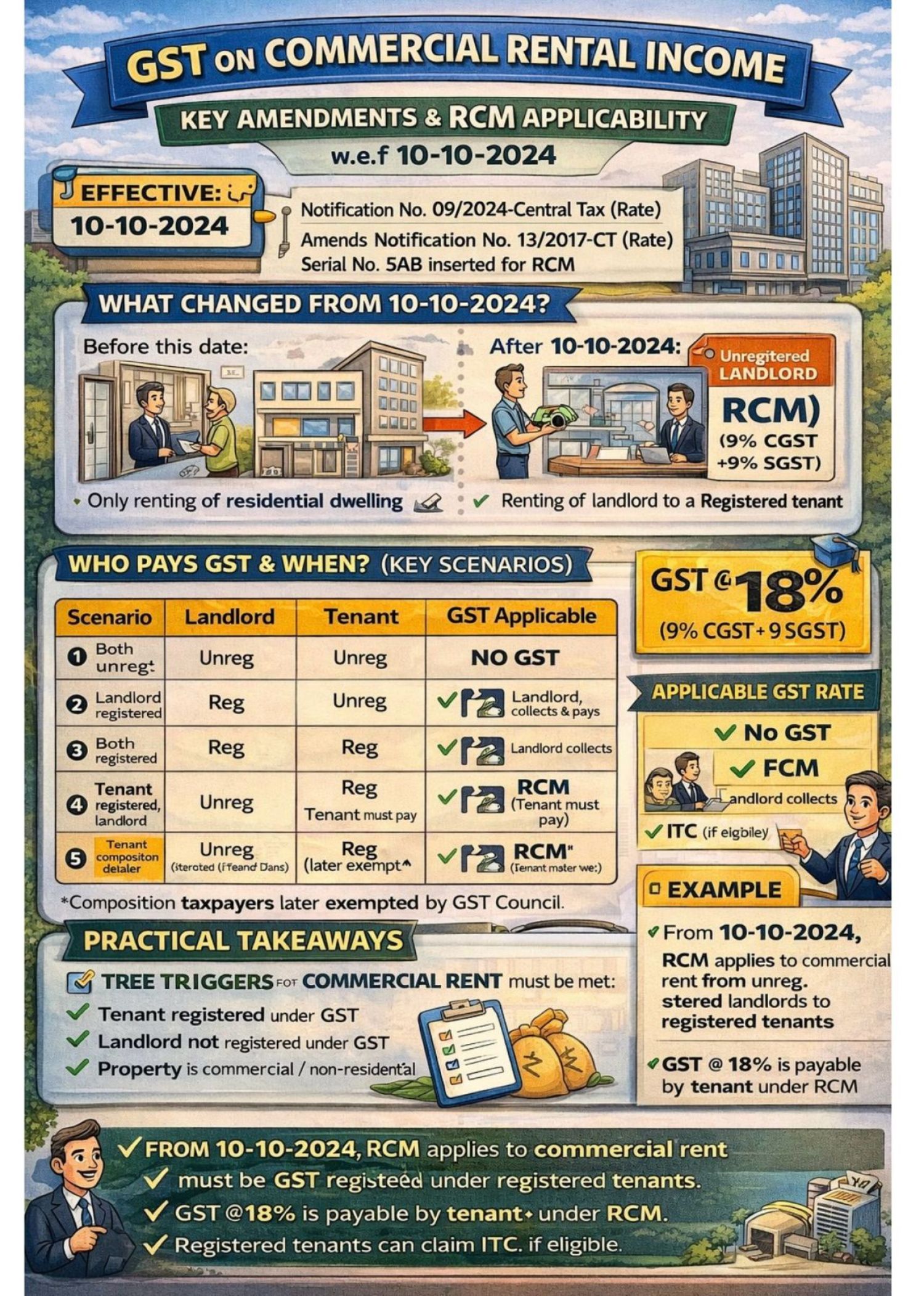Table of Contents
- Icai To Cap Tax Audits At 60 Per Partner Annually From Fy 2026-27
- Objective Of This Reform Of Cap Tax Audits At 60 Per Partner Annually From Fy 2026-27
- Icai’s Standpoint On Cap Tax Audits At 60 Per Partner—curbing Monopoly & Raising Ethical Standards
- Cag Collaboration With Ca Firms—within Defined Boundaries
- What Firms Must Do Before Fy 2026-27

ICAI to Cap Tax Audits at 60 Per Partner Annually from FY 2026-27
- In a landmark move aimed at improving audit quality, reducing audit concentration, and promoting equitable work distribution, the ICAI has imposed a hard cap of 60 tax audits per partner per year, effective from FY 2026–27.
- Effective FY 2026-27, each chartered accountant partner will be restricted to signing a maximum of 60 tax audit reports per year. This cap applies regardless of the number of partners in a chartered accountant firm. Partners of chartered accountants will no longer be allowed to sign on behalf of other partners—a practice that previously let some chartered accountants accumulate hundreds of audit sign-offs. Here is refined and professionally structured summary that are mentioned.
Objective of This Reform of Cap Tax Audits at 60 Per Partner Annually from FY 2026-27
The basic background & rationale against this cap on tax audits at 60 per partner is that many corporate frauds and audit failures in recent years have been linked to audit quality concerns. & Current practices allowed a few senior partners to dominate tax signoffs, often at the expense of thoroughness. This is a Major Reform to reinforce audit quality and the ethics of Institute of Chartered Accountants of India members.
- Institute of Chartered Accountants of India to Ensure quality over quantity: Focus on improving audit quality and ensuring each Chartered Accountant audit gets proper attention. Ensure quality over quantity, and equal opportunity for all partners, particularly younger CAs.
- Announcement: The cap was approved in ICAI’s Central Council meeting in May 2025 and will come into force from FY 2026–27.
- New Rule: No partner—whether in individual practice or part of a firm—can sign more than 60 tax audit reports annually, as per Section 44AB of the Income Tax Act.
- Institute Enhance accountability: Hold each Chartered Accountant partner directly responsible for audits they sign.
- End of Proxy Signatures: Partners can no longer sign audits on behalf of others, effectively closing a loophole that allowed audit consolidation by senior members.
- It is to Prevent misuse: Stops firms from allocating quotas to junior partners while seniors sign off en masse.
- Level the playing field: Provides junior and mid-level partners with more opportunity and visibility.
- Institute of Chartered Accountants of India President CA Charanjot Singh Nanda stated, “This isn’t just about numbers; it’s about the quality of audits and the accountability of our chartered accountant members.” The institute believes the move will restore public trust in tax audits. Make the audit process more equitable and transparent. & Encourage balanced workload distribution.
ICAI’s Standpoint on Cap Tax Audits at 60 Per Partner—Curbing Monopoly & Raising Ethical Standards
- This reform addresses a long-standing concern: audit monopolization in Indian Chartered Accountants firms. Currently, large firms allocate audits disproportionately to senior partners, often using the quotas of junior members without meaningful involvement from them.
- The new cap applies uniformly to each partner, thereby discouraging anti-competitive practices.
- It fosters greater professional independence and improves transparency and audit governance, aligning ICAI’s audit practice with global best standards.
- Comes amid growing corporate complexity and regulatory scrutiny over audit lapses in India and abroad.
- Exceptions of on Cap Tax Audits at 60 Per Partner The ICAI has indicated that certain audits under specific sections of the Income Tax Act may be excluded from this limit. And A detailed clarification is expected soon.
CAG Collaboration with CA Firms—Within Defined Boundaries
In a related development, ICAI also clarified its stance on the recent collaboration between the Comptroller and Auditor General & private Chartered Accountants firms. For the first time, the Comptroller and Auditor General will enlist empaneled CA firms to assist in auditing local bodies and autonomous institutions. Only high-scoring, Comptroller and Auditor General-empanelled firms will be eligible. This move will help expand audit coverage at the grassroots level and support resource-strained government departments.
What Firms Must Do Before FY 2026-27
- The Chartered Accountant Rework audit assignment structures. And train and upskill junior chartered accountant partners to take on independent responsibilities. Moreover, prepare for equitable work allocation and internal compliance processes.
- This is a landmark policy shift for Indian accounting firms. The new 60-audit cap per chartered accountant partner is aimed at elevating audit standards, preventing malpractice, and creating opportunities for broader participation within CA firms. It will demand structural, strategic, and cultural changes in how audit assignments are managed—but in the long run, it’s expected to strengthen the credibility of India’s audit ecosystem.
- Implications for the Chartered Accountant Profession:
- Chartered accountant firms must restructure internal audit distribution policy for tax audit by FY 2026–27.
- Ensures balanced workload and higher audit diligence & promotes opportunity for younger or less-involved partners. Along with Junior partners will need upskilling to take on independent audit responsibilities.
- Aligns with ICAI's broader aim to enhance ethical standards and trust in the audit profession. & A response to growing concerns over audit lapses, as seen in recent NFRA actions, like the notice issued to IndusInd Bank’s auditors.
- Audit sign-offs must be traceable to the individual chartered accountant partner conducting the audit, fostering greater diligence and accountability.
- Firms must restructure audit allocations and equip all partners to carry audit responsibilities. & Senior partners will have to limit sign-offs and ensure compliance with individual ceilings.
- Quality of documentation and execution is expected to improve due to the reduced audit load per partner.
- The ICAI’s dual reforms—the audit cap and the CAG collaboration policy—mark a decisive shift towards professional transparency, ethical integrity, and institutional synergy

















